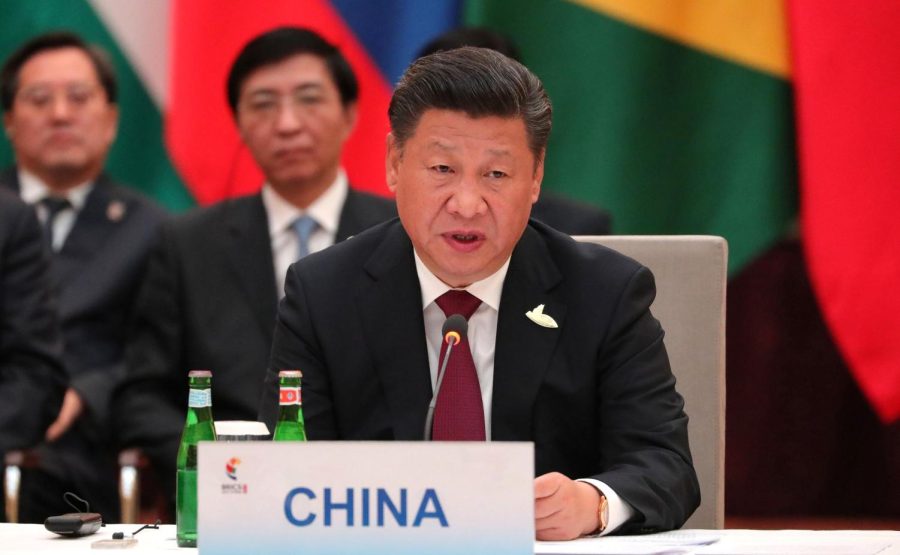China’s ‘wolf warrior diplomacy’ is counter effective
March 20, 2023
Chinese President Xi Jinping came into power in 2012 after running an anti-corruption campaign that revolved around scrubbing China’s reputation clean.
Under his leadership, China adopted an aggressive ‘wolf warrior’ style of diplomacy that has enraged many democratic countries. If Xi wishes to gain respect from the international community, he must take strides to change China’s diplomatic attitude and repair relations with the rest of the world.
In contrast with former Chinese leader Deng Xiaoping’s strategy of keeping a low profile, Xi’s diplomats have been far more assertive, exhibiting behavior such as insulting foreign leaders or shouting at colleagues.
This brand of arrogance frequently impairs the judgment of diplomats in high-pressure situations where it would better serve them to remain calm.
Wolf warrior diplomacy has failed to benefit China or to achieve its strategic goals. Instead, this style of diplomacy has only managed to damage China’s global reputation.
Developments such as tensions over disputed territory, the introduction of radical trade policies with developing nations and an improving relationship with Russia have drawn concern from countries such as the United States.
As a response, many nations have lost trust in China and have begun seeking cooperation from new allies. In the Indo-Pacific region, China has asserted its territorial claims and engaged in aggressive behavior towards neighboring countries.
This has led to the formation of regional alliances—including the Quadrilateral Security Dialogue between the U.S., Australia, India and Japan—with an aim to balance out China’s growing influence.
At the same time, many surrounding countries are also trying to strengthen their partnership with the U.S. to seek self-preservation.
Furthermore, wolf warrior diplomacy is damaging to Chinese soft power or China’s ability to use its economic or cultural influence.
China wants to promote its culture and language abroad by increasing its funding for cultural activities.
However, China’s aggressive diplomacy undermines these efforts. Tense bilateral relationships have led many countries to reject Chinese cultural exports and have also resulted in the closure of many Confucius Institutes.
This is particularly damaging now, as Xi’s zero-COVID policy resulted in negative economic fallout for China, which once boasted a stellar economy.
Furthermore, allegations that coronavirus originated in a Chinese laboratory have also impacted the country.
All of these factors have made it challenging for China to attract foreign investment, trade and tourism, thereby constricting its ability to influence international institutions.
To change these circumstances, Xi needs to balance the demands of domestic politics with the needs of China’s foreign relations. China needs to rebuild its economy and strengthen its partnerships with Western countries by adopting a less aggressive strain of diplomacy.
This means engaging in constructive dialogue with other countries and seeking to resolve disputes peacefully.
It also means being more transparent about its policies and actions, particularly in relation to issues such as media freedom and human rights.






